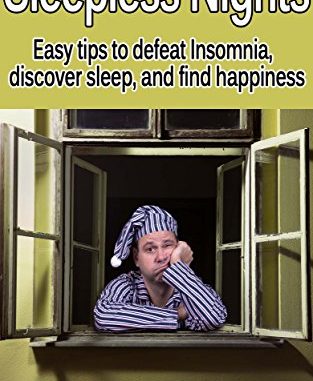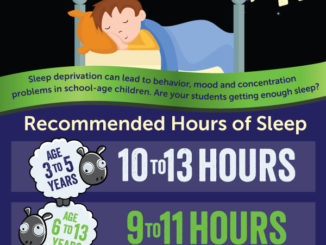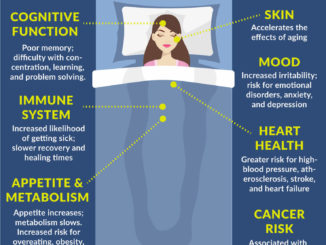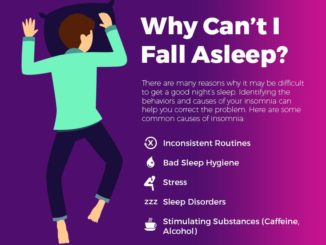
Sleep is just as important for our health as is fitness and nutrition, according to the Sleep Health Foundation. But you are not alone if you are having difficulties with insomnia – research by the Sleep Health Foundation in 2010 using 1512 people (males and females, of different ages, and from different locations in Australia) found that 20% of respondents had frequent difficulty falling asleep, and 35% reported frequent waking during the night.
Sleep problems are quite common, but there are some things you can do to help. Here are three:
1) Challenge myths about sleep.
Your beliefs about sleep can either help you or get in the way of a good night’s sleep. It is important to rethink some of those unhelpful beliefs, as this can produce a real change in your sleep quality. We’ve listed some of the more common myths and the truth about these below:
Myth 1 – “I need 8 hours of sleep per night”
Eight hours is only an average. Some people can function well with less and some people need more.
Myth 2 – “Napping is not a good idea”
Naps can actually be quite beneficial provided they are short (typically less than 20-30 minutes) and not too close to your normal sleep time.
Myth 3 – “A good sleep is one where I sleep solidly throughout the night”
In fact, there we typically have sleep cycles of approximately 90 minutes’ duration, and we can move through up to 4 stages of sleep in each cycle, ranging from light sleep (even brief awakenings that we might not remember) to deep sleep.
Myth 4 – “Successful people don’t need much sleep”
You may have heard that famous people like Leonardo Da Vinci or Winston Churchill didn’t need much sleep. In reality, it isn’t as simple as that. Some people naturally need less sleep. Furthermore, some famous people took catnaps, while others would sleep for long periods of time when the pace of work was slower.
Myth 5 – “Dark rings under my eyes are caused by lack of sleep”
Dark rings can often be caused by food allergies or other factors.
Myth 6 – “Alcohol helps me to sleep”
Alcohol may help sleep onset if it is taken early enough in the evening, but later on, as it is being processed by the body, it can actually decrease the likelihood for a person to enter the deeper, more restorative, stages of sleep.
2) Improve your “sleep hygiene”.
Engaging in healthy habits associated with your sleep can make a difference to the quality and length of your sleep. Most of these habits are common sense, but it can be helpful to brush up on them by checking the following list:
• Avoid stimulants such as nicotine and caffeine close to bedtime.
• Check that the conditions for sleep are as best as you can make them. For example, make sure you are not too hot or too cold, your mattress and pillow are comfortable, noise is minimised, and light is minimised.
• Try to get some (sun-safe!) exposure to sunlight during waking hours. This helps to regulate the melatonin levels in your body – an important hormone associated with the sleep cycle.
• Avoid heavy or rich foods before sleep as they can lead to heartburn that disrupts sleep.
• Try not to use electronic devices with screens on the bed. Using a device is likely to increase your emotional and/or cognitive levels, and increase activation because of the increased light. Furthermore, you may be weakening the association the mind makes that “bed = sleep.”
• Try to avoid naps if it is less than 6-8 hours before your normal sleep time.
• Try to have a regular night-time routine.
• Try not to keep watching the clock if you are having trouble sleeping.
• If you aren’t asleep within what feels like 20 minutes in bed, go to another room with minimal stimulation until you feel like sleeping again.
3) Visit a health professional
Sleep disturbances could be associated with a range of psychological, physiological, or medical issues. There has also been increasing awareness that sleep disturbances can be issues in their own right – in fact, the DSM-V identifies 10 sleep-wake disorder groups, such as insomnia disorder, breathing-related sleep disorders, and circadian rhythm sleep-wake disorders. If you are concerned about your sleep, then it would be a good idea to talk to your GP or psychologist and they can help to accurately assess your difficulties and provide you with evidence-based treatment options.
Proudly WWW.PONIREVO.COM
by David Norman



